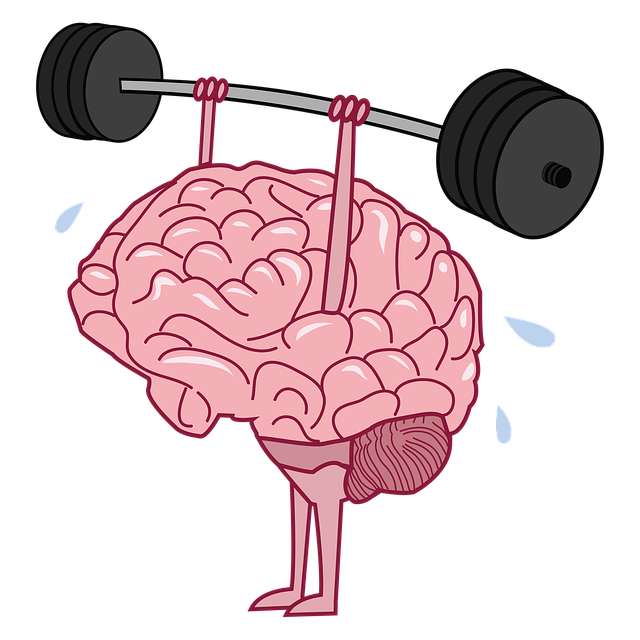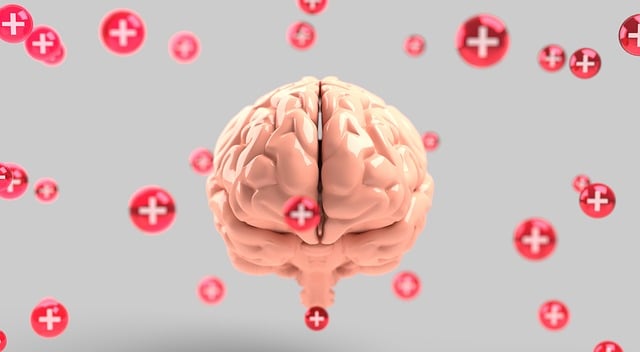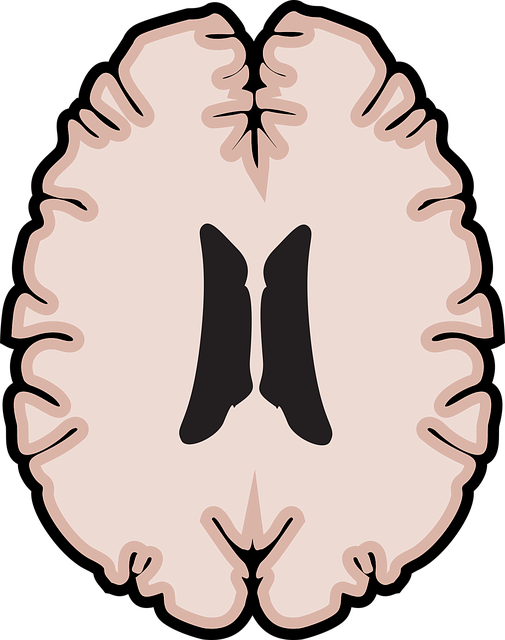Adolescent substance abuse is a complex issue addressed through early intervention using Cognitive Behavioral Therapy (CBT), targeting negative thought patterns and behaviors. CBT equips teens with inner strength, healthy decision-making skills, and resilience against risks. Mental Health Policy Analysis advocates for systemic changes, ensuring comprehensive support tailored to Mind Over Matter principles. Integrating CBT with positive activities, family involvement, and emotional intelligence building fosters long-term recovery for therapy focused on adolescent teens.
Substance abuse among adolescent teens poses significant risks, impacting their health, well-being, and future prospects. This article delves into comprehensive risk reduction strategies tailored specifically for this vulnerable demographic. We explore crucial aspects such as understanding the unique challenges faced by teens, leveraging cognitive behavioral therapy (CBT) as a powerful tool, fostering resilient coping mechanisms, engaging families and support networks, and implementing long-term strategies to sustain sobriety and prevent relapse. By addressing these key areas, we aim to equip parents, caregivers, and professionals with effective tools to guide teens toward healthier choices.
- Understanding Substance Abuse Risks for Adolescent Teens
- Cognitive Behavioral Therapy: A Powerful Tool for Risk Reduction
- Building Resilient Coping Mechanisms and Alternative Behaviors
- Involving Families and Support Networks in the Recovery Process
- Long-term Strategies for Sustaining Sobriety and Preventing Relapse
Understanding Substance Abuse Risks for Adolescent Teens

Adolescent substance abuse is a complex issue that demands a deep understanding of the risks involved. Teens are particularly vulnerable to developing addictive behaviors due to the ongoing maturation of their brains, which continues well into early adulthood. This developmental stage makes them more susceptible to peer influence and experimental use, potentially leading to long-term consequences. Recognizing the signs and symptoms of substance abuse early on is crucial for effective intervention.
Cognitive Behavioral Therapy (CBT) has emerged as a powerful tool in addressing these issues. CBT helps teens identify and challenge negative thought patterns and behaviors associated with substance abuse. By fostering inner strength development, CBT encourages healthy decision-making and coping strategies, enabling adolescents to build resilience against potential risks. Additionally, Mental Health Policy Analysis and Advocacy plays a vital role in understanding and shaping the systemic factors that contribute to adolescent substance abuse, ensuring comprehensive support for vulnerable teens through evidence-based interventions and Mind Over Matter principles.
Cognitive Behavioral Therapy: A Powerful Tool for Risk Reduction

Cognitive Behavioral Therapy (CBT) has emerged as a highly effective tool for reducing risks associated with substance abuse among adolescent teens. CBT focuses on identifying and changing negative thought patterns and behaviors, empowering young individuals to make healthier choices regarding substance use. By teaching adolescents communication strategies to express their feelings and needs, CBT helps them navigate challenging situations without resorting to drugs or alcohol.
This therapy also addresses underlying mental health issues, such as anxiety relief, that may contribute to substance abuse. Moreover, CBT plays a crucial role in Mental Illness Stigma Reduction Efforts by encouraging open discussions about mental health struggles, fostering a more supportive and understanding environment for teens dealing with addiction. Through structured sessions, CBT equips adolescents with the skills to recognize triggers, develop coping mechanisms, and maintain long-term recovery from substance abuse.
Building Resilient Coping Mechanisms and Alternative Behaviors

Building resilient coping mechanisms is a powerful tool in the fight against substance abuse, especially for adolescent teens. Cognitive Behavioral Therapy (CBT) plays a pivotal role here by helping individuals identify and challenge negative thought patterns and behaviors. Through CBT, teenagers learn to manage their emotions effectively, develop healthier decision-making skills, and build alternative coping strategies that don’t involve substance misuse. This process equips them with the mental resilience needed to navigate challenging situations and reduce the risk of turning to drugs or alcohol as a coping mechanism.
Moreover, encouraging engaging in positive, meaningful activities can be transformative. Introducing adolescents to hobbies, sports, or creative outlets provides an outlet for stress relief and emotional expression, fostering mood management skills that complement any therapy for adolescent teens. For mental health professionals, incorporating these strategies into risk management planning not only benefits their patients but also contributes to burnout prevention strategies, ensuring a healthier and more sustainable approach to healthcare provision.
Involving Families and Support Networks in the Recovery Process

Involving families and support networks is a pivotal strategy in mitigating risks associated with substance abuse among adolescent teens. Cognitive Behavioral Therapy (CBT), a widely recognized therapeutic approach, can facilitate this process by equipping both the individual and their loved ones with essential tools for risk management. CBT emphasizes self-awareness exercises, encouraging teens to identify triggers and high-risk situations while fostering healthier coping mechanisms. This awareness is crucial in preventing relapse and promoting long-term recovery.
By integrating family members and support networks into therapy sessions, mental health professionals can implement effective risk mitigation strategies. This collaborative approach boosts confidence among adolescents, as they learn that their families understand the challenges they face. Consequently, a strong support system becomes an integral part of the recovery process, enhancing the teen’s ability to navigate potential risks and achieve lasting sobriety.
Long-term Strategies for Sustaining Sobriety and Preventing Relapse

Maintaining long-term sobriety is a challenging yet achievable goal for those recovering from substance abuse, especially when adolescent teens involve. Cognitive Behavioral Therapy (CBT) has proven to be an effective approach in this regard. CBT equips individuals with the skills to identify and change negative thought patterns and behaviors that contribute to relapse. By focusing on emotional healing processes, this therapy enables teens to develop healthier coping mechanisms for managing stress and regulating emotions, which are crucial aspects of maintaining sobriety.
Additionally, fostering emotional intelligence can play a significant role in preventing relapse. Adolescent teens who learn to recognize and manage their emotions effectively are better equipped to navigate challenging situations without resorting to substance abuse. This includes understanding triggers, developing healthier ways to express feelings, and building resilience against stressful events or negative peer pressure. Integrating stress management techniques into one’s daily routine further strengthens these defenses, supporting long-term recovery.
Substance abuse among adolescent teens is a complex issue, but with comprehensive strategies, it’s possible to significantly reduce risks. Implementing cognitive behavioral therapy (CBT) as a core component of intervention has proven effective in empowering teens to develop healthier coping mechanisms and alternative behaviors. Additionally, involving families and support networks fosters a robust recovery environment. Long-term success relies on sustained efforts, including ongoing therapy for adolescent teens, reinforcement of learned skills, and proactive prevention strategies to avoid relapse. By combining these risk reduction methods, we can guide teens towards a brighter, substance-free future.














